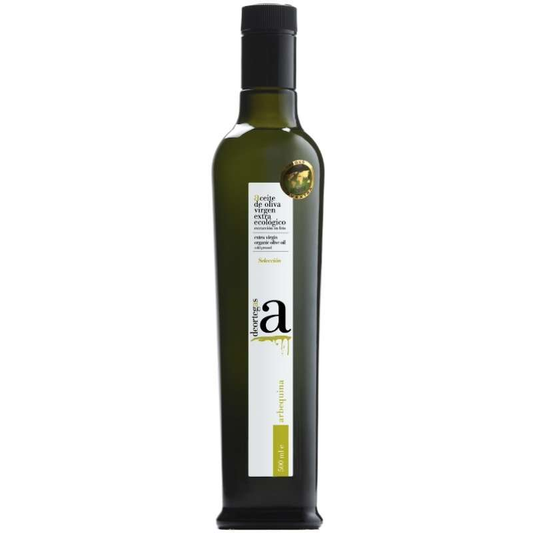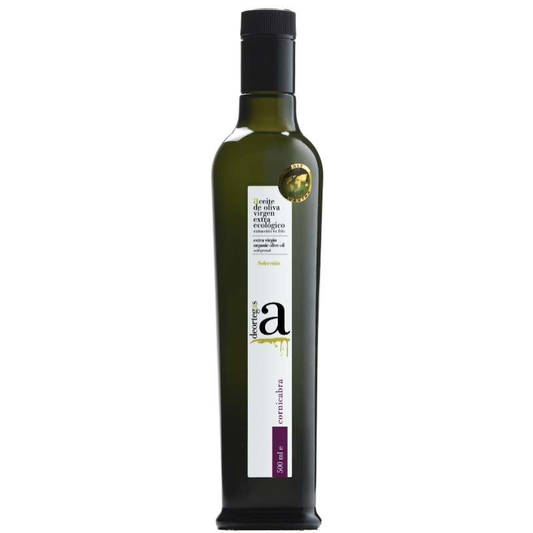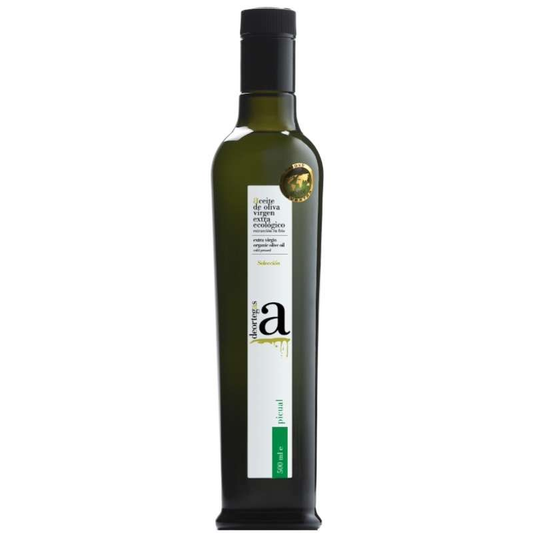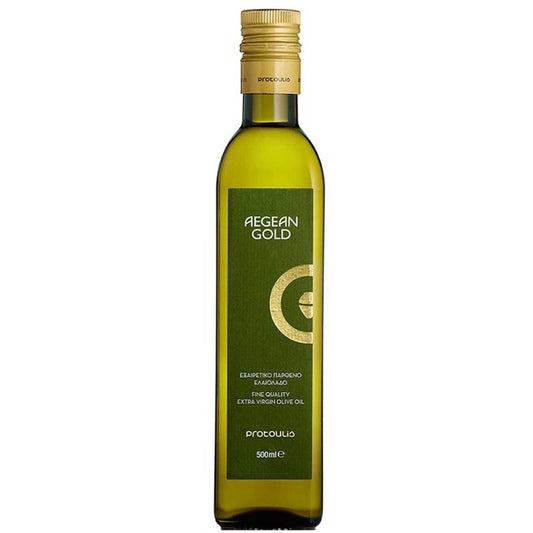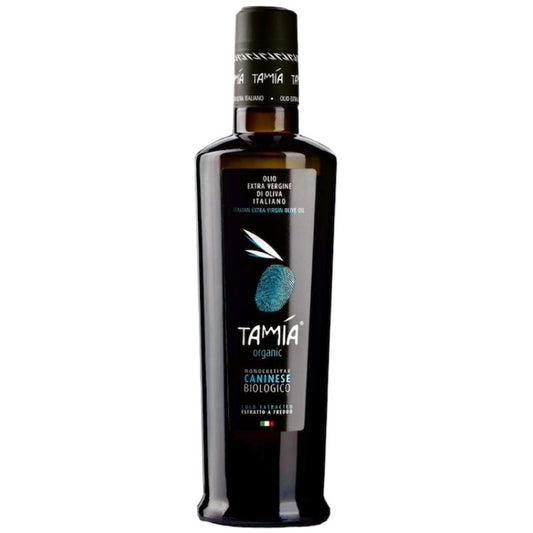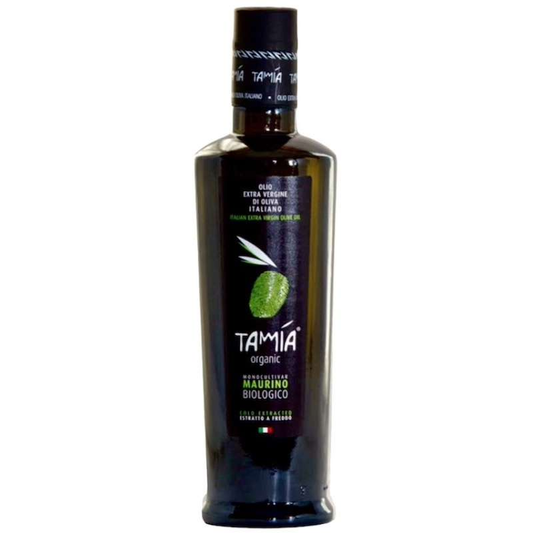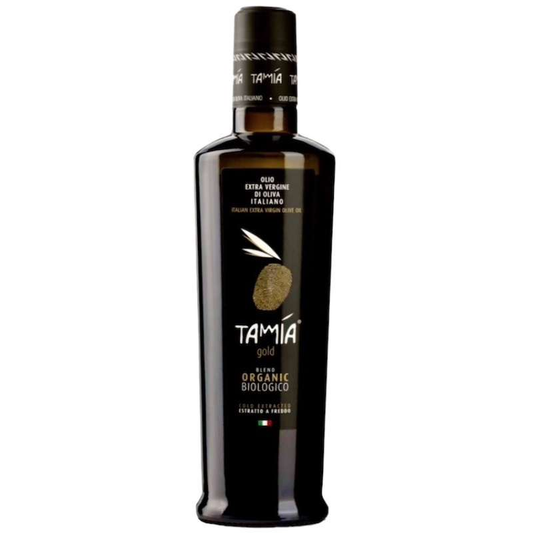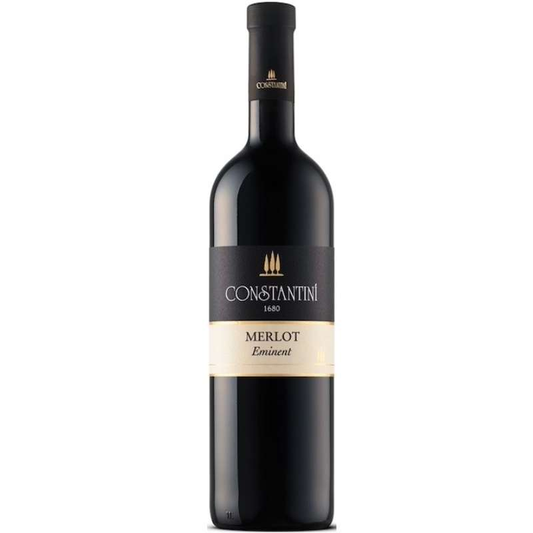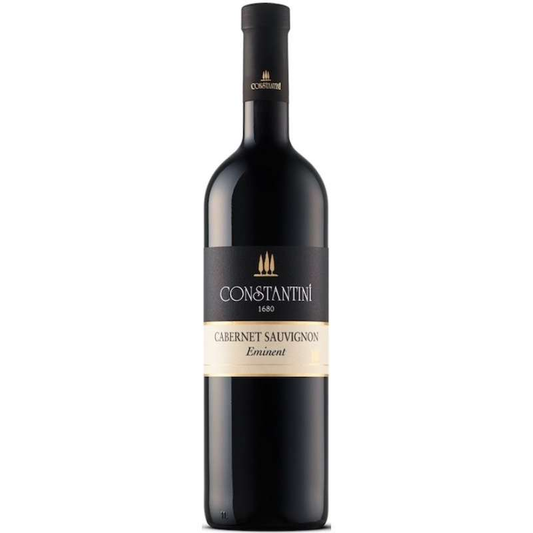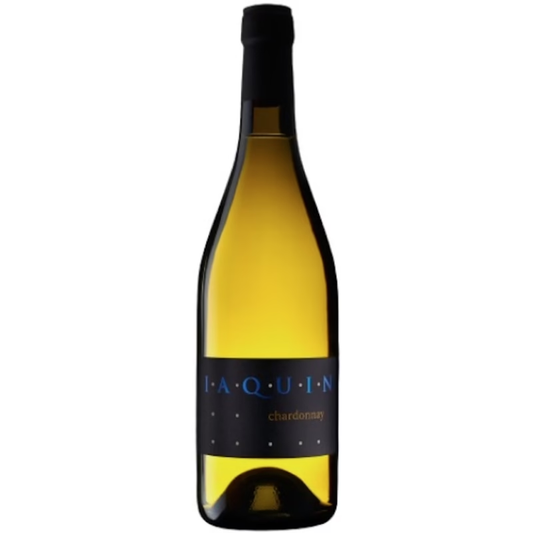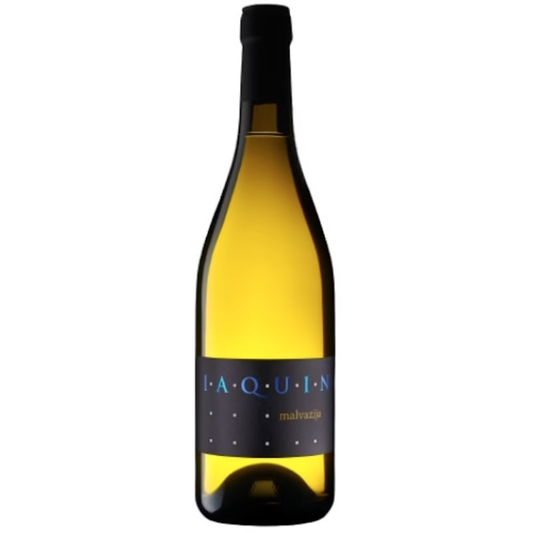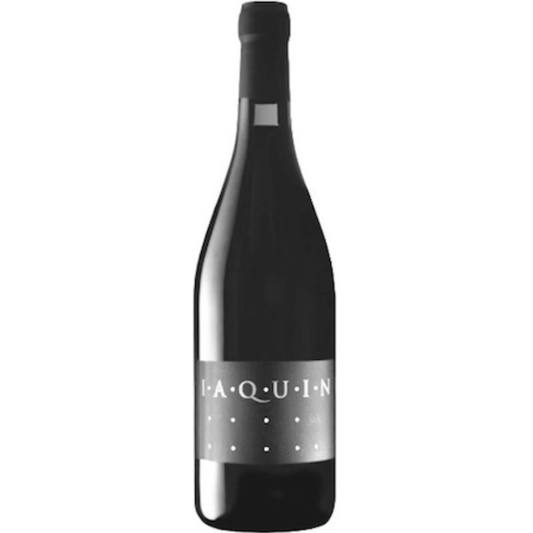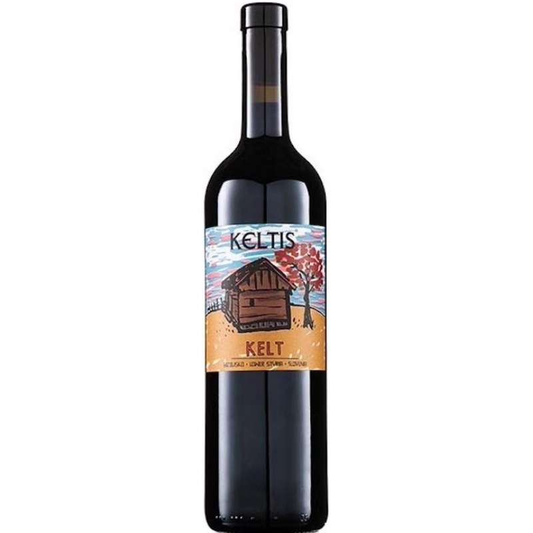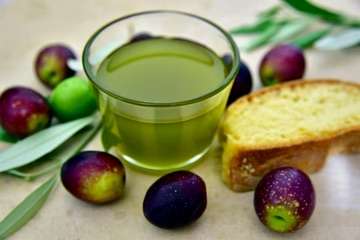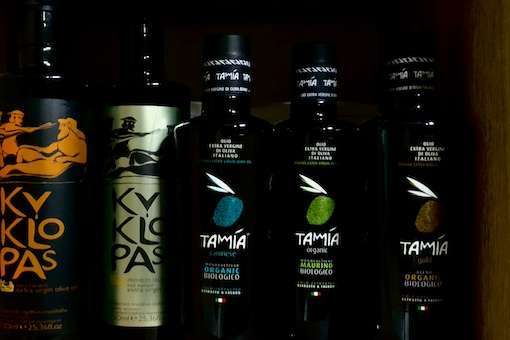Is Olive Oil Healthy? Depends on What You Call Olive Oil.
Share
“… In general, nine-tenths of our happiness depends upon health alone. The greatest of follies is to sacrifice health for any other kind of happiness, whatever it may be, for gain, advancement, learning or fame, let alone, then, for fleeting sensual pleasures.”
Arthur Schopenhauer
Since I started selling olive oil I have learned a lot about it. Also, I learned some things about fraud in this industry I still cannot and do not want to believe. But right now there are two things that really matter:
1. I know where to buy real olive oil and will never look for it in the supermarket. But how much more do I not know about what the food industry is poisoning me with?
2. It is not enough just to tell how healthy olive oil is. Much harder to explain to people why they have to pay more for real olive oil. After all, the fake one looks and is called exactly the same.
The idea that most people don’t understand this first came to me when I began to notice that people I know buy fake or poor-quality olive oil. I asked them if they knew they live in the Mediterranean, where olive farms are everywhere. Why buy this shit when you can find delicious and healthy olive oil an hour from home? Of course, I hear “no time”, “too expensive” and “what’s the difference?”
Okay, they are not olive oil experts and may not even know that our farmers produce great olive oils that win gold awards in international competitions. The real shock came when I started noticing crappy olive oil in restaurants. And these were quite decent restaurants with an average bill of 50€ and more for lunch without wine.
Of course, not all restaurateurs consciously buy and use this rubbish. However, nothing makes it easier to realize that they simply don’t understand anything about olive oil. Just imagine: a chef cooks Mediterranean dishes and doesn’t know how to choose right olive oil.
Sometimes, when we offer our olive oils to restaurants and hearing “it’s too expensive”, we answer: “Is it really more expensive than losing customers? Think again, because it's just a matter of time when your customers will find out that good olive oil is too expensive for you”.
Is Olive Oil Healthy for You?
Well, it depends. Olive oil is good for your health, but not just any olive oil. The only healthy olive oil is the one obtained when fresh (just harvested) olives are pressed without heat or the addition of solvents.
Healthy olive oil is a fresh olive juice, full of polyphenols that cleanse blood vessels, lower bad cholesterol and kill cancer cells.
This olive juice, as known as Real Farm Extra Virgin Olive Oil, is a cure for 60 diseases, according to Hippocrates. And we have no reason not to believe him (some more facts about why olive oil is good for health you’ll find here).
To obtain one liter of this healthy olive oil, you have to press 10 kilograms of olives. To press 10 kg of olives, you have to grow at least 15 kilos. Why so? Because one part of the fruit will be eaten by an olive fly, another part will die due to drought or frost, and something will rot and be thrown away during manual sorting.
On average, one olive tree produces 30-40 kg of olive fruit. Even without going into details, you can imagine how much work and money it costs to grow and maintain an olive tree that will give you (maybe!) some olives to produce 3 liters of olive oil. Add to that the cost and maintenance of olive oil decanter centrifuge machine and other professional equipment, as well as pressing, storing, bottling… So the cost of a liter of real extra virgin olive oil is approaching 10€ even before this product leaves the olive oil farm. And do you really believe that you can buy one liter of this wonderful healthy olive oil cheaper than 20€ in the nearest supermarket?! Yes, we are so naive and it is effortless to deceive us by telling us what we want to hear.
Let’s move on. Maybe you didn’t know, but after pressing olives, the pomace remains. What to do with it? There are two options:
1. To send it to fuel briquettes or fertilizer production.
2. To press these wastes again with heat and chemicals.
The first option is good for small family olive farms that value their reputation and only produce real, naturally tasty and healthy extra virgin olive oil.
The second option is the business of a large oil mill, run by energetic, goal-oriented and successful managers. Of course, they do not deliberately poison people; they simply do not care about your health and do not bother producing healthy olive oil for you. They are just doing business, like many others. They are interested in increasing sales, financial success, conquering the market and heroic victory over competitors. Just business, nothing personal. They make the crap that most people call olive oil. There is no more than 10% real olive oil in this mixture and it is added there only in order to get rid of the chemical stench and to mark the product as Extra Virgin Olive Oil.
So, the answer is yes, olive oil is healthy but olive oil is not something you can buy cheaply in the supermarket.
Why We Keep Buying the “Good Stuff”
Why do they produce low-quality - or outright fake - olive oil?
Because we buy it. Simple economics.
Why do we buy it? To ruin our health? Of course not. We’re saving money. Not that we’re broke — just thrifty in the most self-destructive way possible. After all, who needs real olive oil? We’ll be perfectly fine without it. Probably.

So, if it’s not about money, then what is it? Easy — we don’t see the difference. And why don’t we? Because we never bothered to look.
Let’s be honest: the average modern Homo sapiens treats “food” like a background app — something that runs while we do “more important” things, like scrolling. We don’t connect food with health; we connect it with delivery fees and calories. Health, for most people, means “I’ll just take a pill when something breaks.”
Doctors? Pills? Great for emergencies. But they won’t fix the slow-motion train wreck caused by eating like a lab rat. Being healthy isn’t about medicine — it’s about boring daily habits: sleeping, moving, and not eating garbage.
And yet, we research motor oil more carefully than olive oil. We’d never pour cheap fuel into our cars, but we pour cheap fat into ourselves without blinking. Save a hundred on groceries, spend thousands on “wellness.” Brilliant strategy.
Meanwhile, in our heroic quest for “status,” we buy things we don’t need with money we don’t have — and call it freedom. Credit cards for gadgets, but no budget for real food. And the best part? We still think poison comes with warning labels.
We just don’t see the feedback. If eating a bag of chips killed you 15 minutes later, the world would suddenly be full of nutrition experts. But since fake olive oil only kills you slowly, it’s all good.
What can we do? The shocking answer: learn. We live in the age of rockets, AI, and free Google. Every bit of knowledge humanity ever had — one click away — and yet we use it mostly to argue online.
You don’t need a PhD to understand how olive oil works. Once you do, you stop being easy prey for the counterfeiters. Though, let’s be honest — olive oil is just the tip of the iceberg lettuce.
All we really need is to start asking the right questions about what actually matters — things slightly more important than watches and handbags.
Schopenhauer said 90% of happiness depends on health. No studies, no data — just common sense. And, frankly, who’s going to argue?
Maybe one day we’ll stop treating our bodies as hangers for brand names and start investing in what keeps us alive. Until then — cheers to our impeccable taste in fake olive oil

